Am I My Brother's Keeper?
—
“Today we’re going to talk about the very first murder.”
I’ve been reading through the book of Genesis with the youth group and I have learned that grabbing their attention sometimes means having a good hook.
This past Sunday we had arrived at the story of Cain and Abel, the first of many sibling rivalries found throughout the book of Genesis, followed by Isaac and Ishmael, Jacob and Esau, Leah and Rachel, and Joseph and, well, all his brothers.
If Genesis is any indication, God seems to care deeply about how we treat those closest to us, in particular how we relate to our brothers and sisters, with whom competition and jealousy can cause conflict.
Cain feels jealous of his little brother’s favorable offering and rather than work to improve his own offering, or better yet, address his underlying feelings of inadequacy and insecurity, he lashes out and kills his brother in a jealous rage.
God later approaches Cain, asking him, “Where’s your brother Abel?”
And Cain replies with what I can only interpret as sass. (Something I might have received a consequence for, had I responded to a parent in a similar fashion.)
He says, more or less, “How should I know? Am I my brother’s keeper?”
The unspoken answer being, of course, “Well no, but perhaps you should be.”
The crux of the story is the warning God gives Cain before the act, when he begins to feel jealous. He says, “If you do well, will you not be accepted? And if you do not do well, sin is lurking at the door; its desire is for you, but you must master it.”
We do our best, but sometimes we fail. We give it our all, but someone else may win. Disappointment happens in life and it is okay to feel sad, angry, or even jealous sometimes. But it is how we choose to respond and act on those feelings that leads us into sin.
And most often, it is the people closest to us that are on the receiving end of our poor choices and unhealthy responses.
“How we love each other is how we love God... may we remember to treat one another with compassion, to not take our stress, anxieties, or fears out on one another. ”
Now I pray that you, like my youth group, haven’t gone so far as to murder someone out of anger, jealousy, or insecurity, but all of us at one point or another have chosen to turn our uncomfortable feelings outward and take them out on those around us.
You’ve probably also been on the receiving end of someone else’s poor choices and felt the sting of a harsh word, or had your accomplishments belittled by someone who refused to celebrate you.
One of my youth made a special observation as we were studying the text. She asked, “Why couldn’t Cain just be happy for Abel?”
In truth, Cain made a competition where there was none. Abel’s favorable offering didn’t take away from Cain’s, and there was no reason that both of them couldn’t have had favorable offerings to God.
In fact, I suspect Cain’s unfavorable offering to God may have had something to do with his relationship with his brother.
The epistle of 1 John puts it like this: “Those who say, ‘I love God,’ and hate their brothers or sisters, are liars; for those who do not love a brother or sister whom they have seen, cannot love God whom they have not seen. The commandment we have from him is this: those who love God must love their brothers and sisters also.” (1 John 4: 20-21, NRSV).
As long as Cain saw his offering to God as a competition with his brother, he was always going to fail. Because the real offering was his love.
How we love each other is how we love God. As we acclimate ourselves to this new and strange world in which COVID is a reality, may we remember to treat one another with compassion, to not take our stress, anxieties, or fears out on one another.
And may we also be patient with each other, knowing that everyone has suffered a loss of some kind. Everyone has felt the sting of isolation, and many have lost loved ones.
So let us love one another well, and not take each other for granted.
Rev. Kelsey Lewis Vincent
Pastor for Youth & Families

